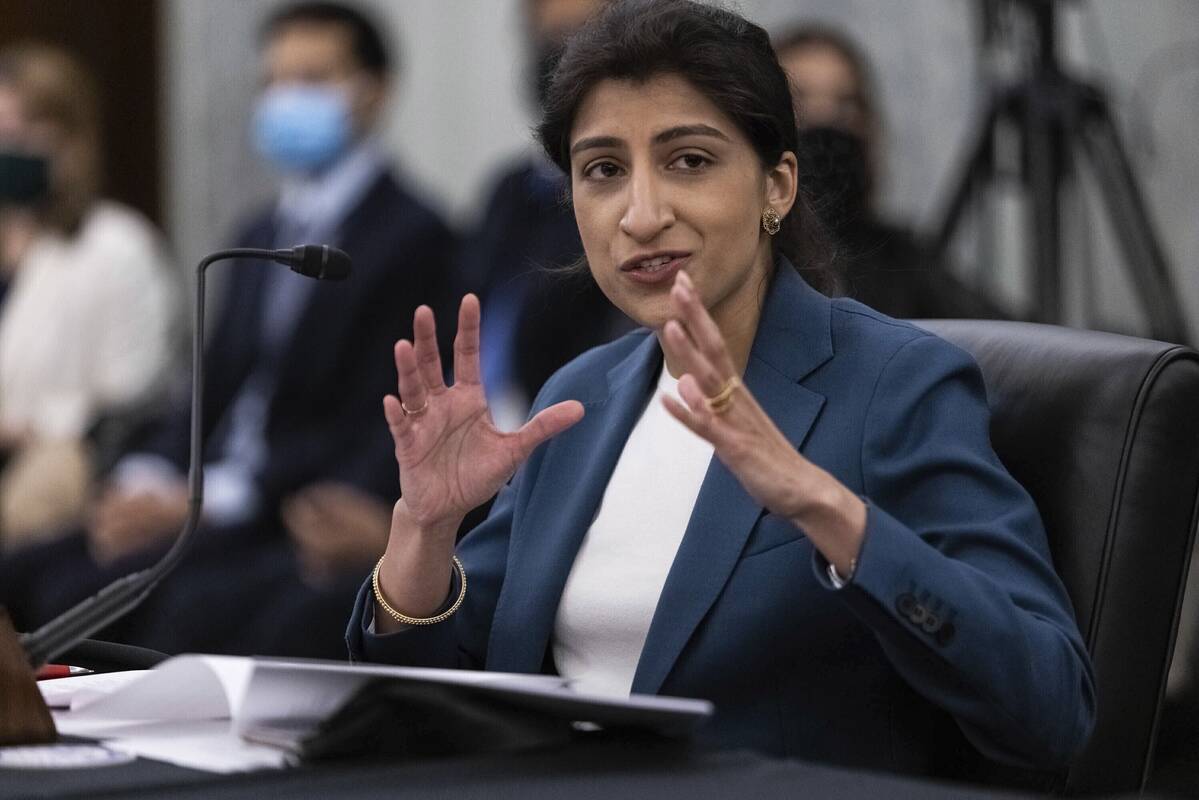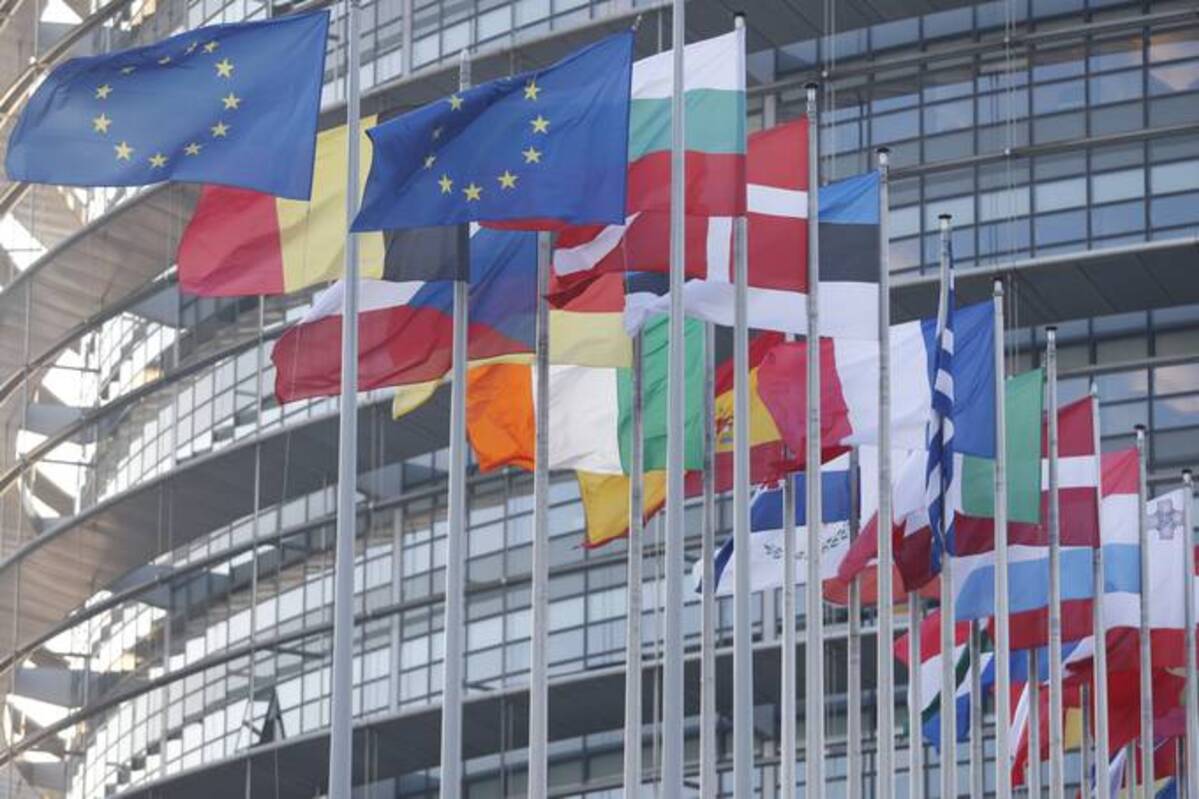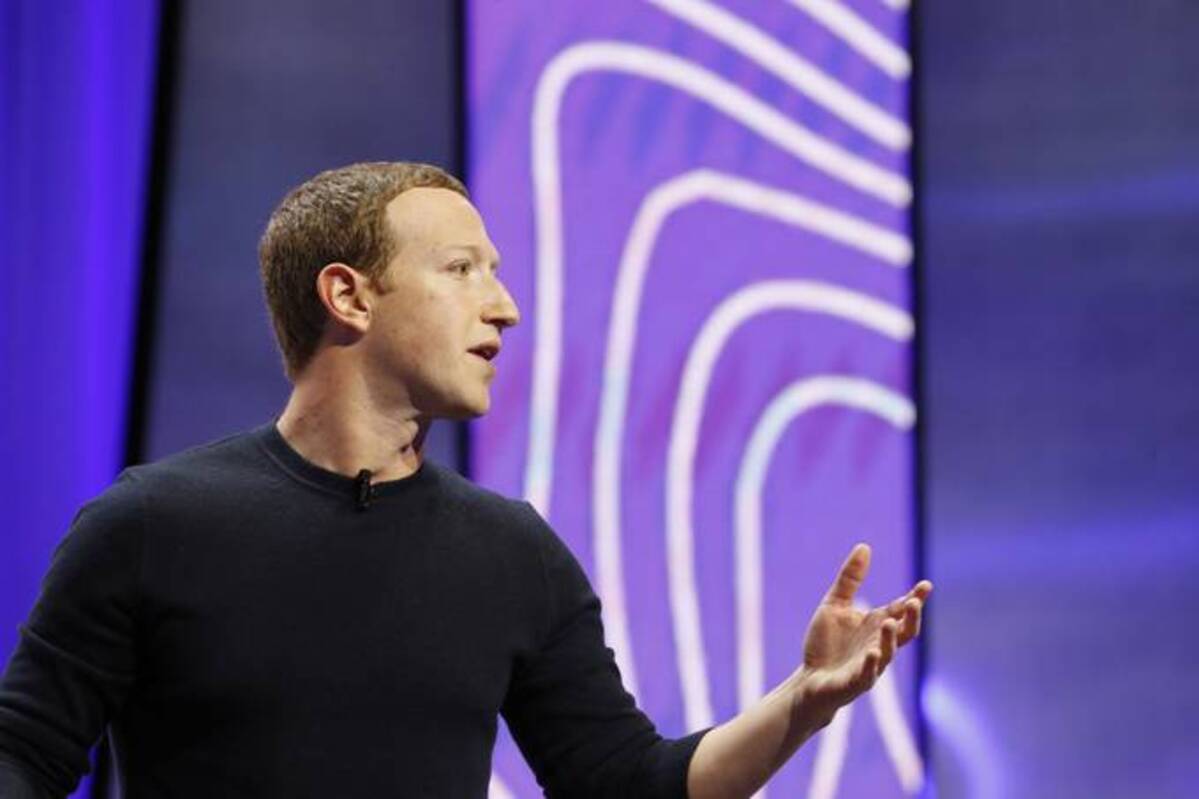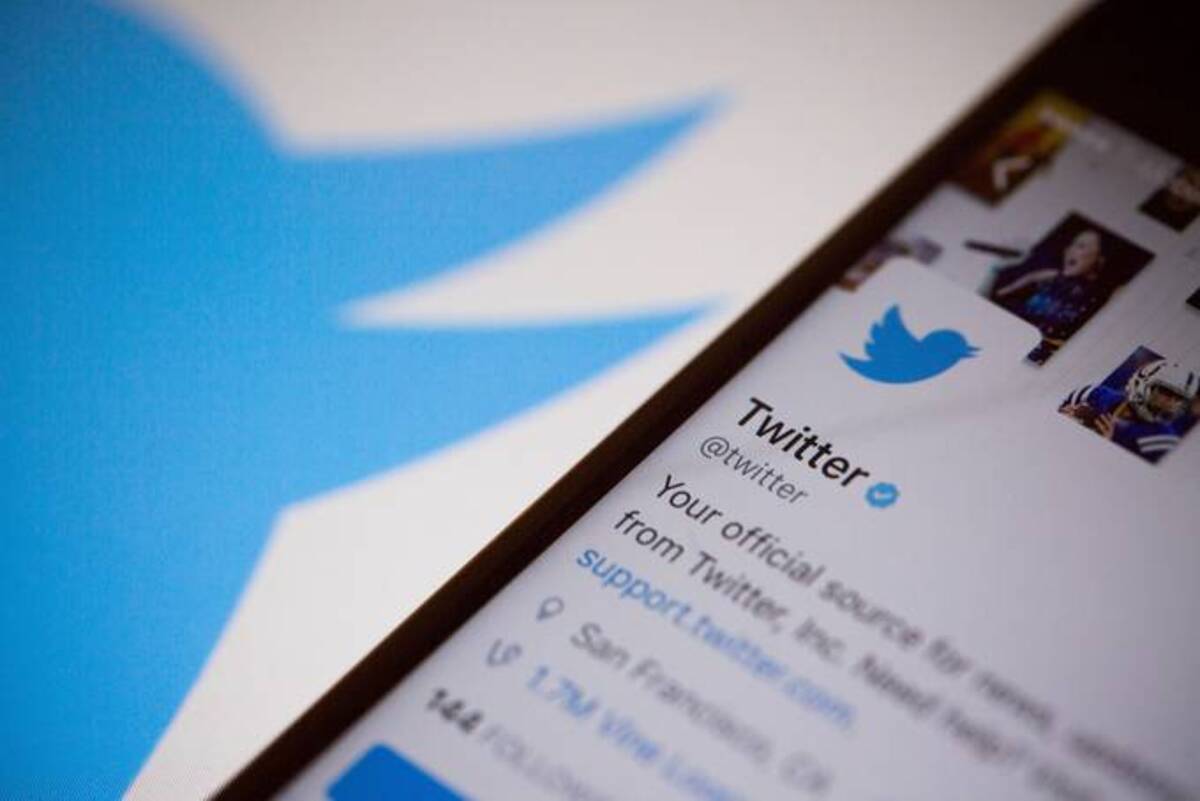| Welcome to The Technology 202! Today kicks off a busy week of tech hearings and votes in Congress. Stick with us for all the most important developments.
Today: The Biden administration responds to a European proposal to rein in tech giants, and the end of a Facebook-backed cryptocurrency project. First: | Congress weighs giving regulators more tools to fight price gouging, scams |  The Federal Trade Commission, chaired by Lina Khan, would gain new enforcement powers under proposals under consideration in Congress. (Graeme Jennings/Washington Examiner/Pool/AP) | | | Lawmakers this week are considering whether to give federal and state regulators greater powers to crack down on people or companies engaging in price gouging or promoting scams, issues that have gained prominence during the covid-19 pandemic. On tap are a pair of hearings in the Senate and House that will dive into whether enforcers need more authority to bring fines and other regulatory actions against bad actors to stem the tide of pricing hikes and fraud seen amid the coronavirus fallout. The sessions highlight that Democratic lawmakers are not only pushing to expand enforcement against antitrust and privacy abuses, but also consumer protection issues. On Tuesday, the Senate's consumer protection panel will hear testimony from a top Federal Trade Commission official about the "ongoing proliferation of scams and price gouging related to and enabled by the COVID-19 pandemic," according to a hearing summary. On Wednesday, their counterparts in the House will examine legislation to ban price gouging during the pandemic.
"The FTC must go after these fraudsters and their enablers, including online marketplaces and suppliers engaging in price gouging," Sen. Richard Blumenthal (D-Conn.), whose panel is hosting the hearing Tuesday, told The Technology 202. He added that they will consider "tough reforms" to address the issue. While many states have laws against price gouging, there's no federal law explicitly prohibiting it, and Democrats say the gap has been exposed by the coronavirus. The first session is poised to explore the extent to which social media platforms have become a key target for scammers and fraudsters, how much they may be boosting deceptive content and what regulators could do about it. | | The FTC said in a report last week that more than 95,000 people reported roughly $770 million in losses last year because of fraud that originated on social media, with the agency calling the platforms "a gold mine for scammers." And in November, the FTC's Samuel A.A. Levine, who will be testifying Tuesday, suggested in a post that prominent platforms are amplifying those scams. "Here at the FTC, we are seeing how these platforms are becoming hotbeds for deception," wrote Levine, the agency's director for the bureau of consumer protection. Sen. Marsha Blackburn (R-Tenn.), the panel's top Republican said that fraudsters "have gotten quite creative with their schemes during the pandemic." Last time an FTC official testified on the issue in the Senate, the agency touted the expanded powers Congress gave regulators to crack down on unfair or deceptive practices related to covid-19 treatments under recent legislation. The hearings this week will examine whether similar authorities should be granted to curtail a broader array of consumer protection harms, including pandemic-related price gouging. That topic will be the central focus of Wednesday's session, which will examine a bill Democrats have pushed for to prohibit price gouging during the pandemic. The legislation, which I first reported on in 2020, would prohibit individuals from selling goods or services during the pandemic at an "unconscionably excessive" price or that seek to use the pandemic to increase prices "unreasonably." E-commerce giant Amazon, in particular, is poised to face scrutiny. A hearing memo prepared by the House Energy and Commerce Committee's majority staff notes that one analysis conducted by a consumer group found "during the pandemic, Amazon set prices on essential products at levels high enough to violate price gouging laws in many states." (Amazon founder Jeff Bezos owns The Washington Post.) "As families struggle with out-of-control costs as corporate profits soar to their highest levels in 70 years, and other challenges the pandemic has created, we have to make sure that companies aren't needlessly raising prices to pad their bottom line," Miguel Ayala, spokesman for Rep. Jan Schakowsky (D-Ill.), who chairs the House's consumer protection panel, told me. | | "While many corporations like Amazon, and their CEO, make record profits, families are struggling to make ends meet," he added. In a statement, Amazon spokesman Alex Haurek said, "We do not tolerate price gouging on Amazon. Our teams constantly monitor the store 24/7 for potential breaches and take the appropriate action." Prominent Democrats including Sen. Elizabeth Warren (D-Mass.) and Rep. Alexandria Ocasio-Cortez (D-N.Y.) have also linked alleged price gouging by major corporations to the rise in inflation. But their legislation, the COVID-19 Price Gouging Prevention Act, has yet to draw any Republican co-sponsors, clouding its path to passage. Spokespeople for Reps. Cathy McMorris Rodgers (R-Wash.) and Gus Bilirakis (R-Fla.), ranking members on the full committee and the consumer protection panel respectively, did not return requests for comment. Other notable efforts to curb price gouging at the federal level have failed to garner GOP support thus far. This week's hearing may show whether any proposal might be able to garner enough bipartisan support to gain steam. If not, the pandemic might end before Congress takes more action. | | |  | Our top tabs | | The Biden administration asked European officials to revise proposed digital rules |  The letter comes as the European Parliament and European Commission debate what the rules will look like. (Jean-Francois Badias/AP) | | | The proposal was laid out in an eight-point policy paper that some European lawmakers and countries received last week, Politico Europe's Samuel Stolton reports. It comes as European lawmakers and officials hammer out new rules that would change how Europe reins in tech giants. "The rules — currently being hotly debated by representatives from the European Parliament and the EU Council — lay out a series of prohibitions and obligations for some of the world's largest digital platforms, including Google, Amazon, Meta (Facebook) and Apple," Stolton writes. "The draft measures cover a range of practices from unfair data use across platform services to self-referencing restrictions." It's not clear from the report who wrote the paper, though it referenced it as an "interagency" paper. The report also didn't say if the White House had a role in drafting or circulating the paper, a potentially critical detail given tensions within the Democratic Party over the E.U.'s proposals. | A Facebook-backed cryptocurrency project sold off its assets |  The failed push could spell trouble for other initiatives by Facebook parent Meta, including its foray into the metaverse. (George Frey/Bloomberg News) | | | The Diem Association's $182 million sale of its intellectual property and technology marks a defeat for Facebook parent Meta's once vast cryptocurrency ambitions, the Financial Times's Hannah Murphy reports. Diem chief executive Stuart Levey said in a statement that it learned after speaking with federal regulators "that the project could not move ahead." He said the "best path forward" was to sell its assets. The shutdown of Diem appears to be the first time a Facebook project has folded directly because of regulatory pushback, my colleagues Elizabeth Dwoskin and Gerrit De Vynck reported. "Regulators continue to worry about how such a large player getting into crypto could undermine the stability of the financial system, and Facebook failed to make the case for why its product was necessary," Elizabeth and Gerrit write. "By the time Facebook canceled Diem, the project was 'nowhere near' regulatory approval, one of the people familiar with it said." | Twitter took legal action against Germany's expanded hate-speech rules |  Twitter said the rules would make it have to act like a prosecutor. (Michael Nagle/Bloomberg News) | | | The rule, which goes into effect today, would make social media companies quickly block or delete criminal content and report particularly serious posts to law enforcement, Reuters reports. Twitter says the rule "allows user data to be passed to law enforcement before it is clear any crime has been committed," the outlet reports. "We are concerned that the law provides for a significant encroachment on citizens' fundamental rights," a Twitter spokesperson told Reuters. "In particular, we are concerned that the obligation to proactively share user data with law enforcement forces private companies into the role of prosecutors by reporting users to law enforcement even when there is no illegal behavior." Google and Facebook have also sued over the rule, Reuters reports. | | |  | Rant and rave | | | Wordle, the online game where users have six chances to guess a five-letter word, was acquired by the New York Times for a price "in the low seven figures," the company said. Some people, like freelance writer James O'Malley, pondered the game's future now that the Times is involved: | | Political commentator and writer Sally Kohn: | | There's an antitrust angle because of course there's an antitrust angle. Grid's Matthew Zeitlin: | | |  | Inside the industry | | | |  | Agency scanner | | | |  | Trending | | | |  | Daybook | | - Samuel A.A. Levine, the director of the FTC's Bureau of Consumer Protection, testifies at a Senate Commerce Committee consumer protection subcommittee hearing on coronavirus fraud and price gouging today at 2:30 p.m.
- Commerce Secretary Gina Raimondo testifies at a Senate Appropriations Committee panel's hearing on broadband infrastructure today at 2:30 p.m.
- Google parent Alphabet holds an investor call on its earnings today at 5 p.m.
- The Senate Commerce Committee considers the nominations of Alvaro Bedoya to be an FTC commissioner and Gigi Sohn to be an FCC commissioner on Wednesday at 10 a.m.
- Facebook parent Meta holds an investor call on its earnings on Wednesday at 5 p.m.
- The House Energy and Commerce Committee's consumer protection committee hosts a hearing on price gouging on Wednesday at 10:30 a.m.
- The Senate Judiciary Committee considers legislation to rein in the dominance of Apple and Google's app stores on Thursday at 9 a.m.
- The House Transportation Committee's aviation subcommittee holds a hearing on 5G technology and aviation security on Thursday at 11 a.m.
- Tim Wu, a special assistant to President Biden, discusses antitrust and its effects on workers at a New America event on Feb. 8 at 3 p.m.
| | |  | Before you log off | | | That's all for today — thank you so much for joining us! Make sure to tell others to subscribe to The Technology 202 here. Get in touch with tips, feedback or greetings on Twitter or email. | |










No comments:
Post a Comment